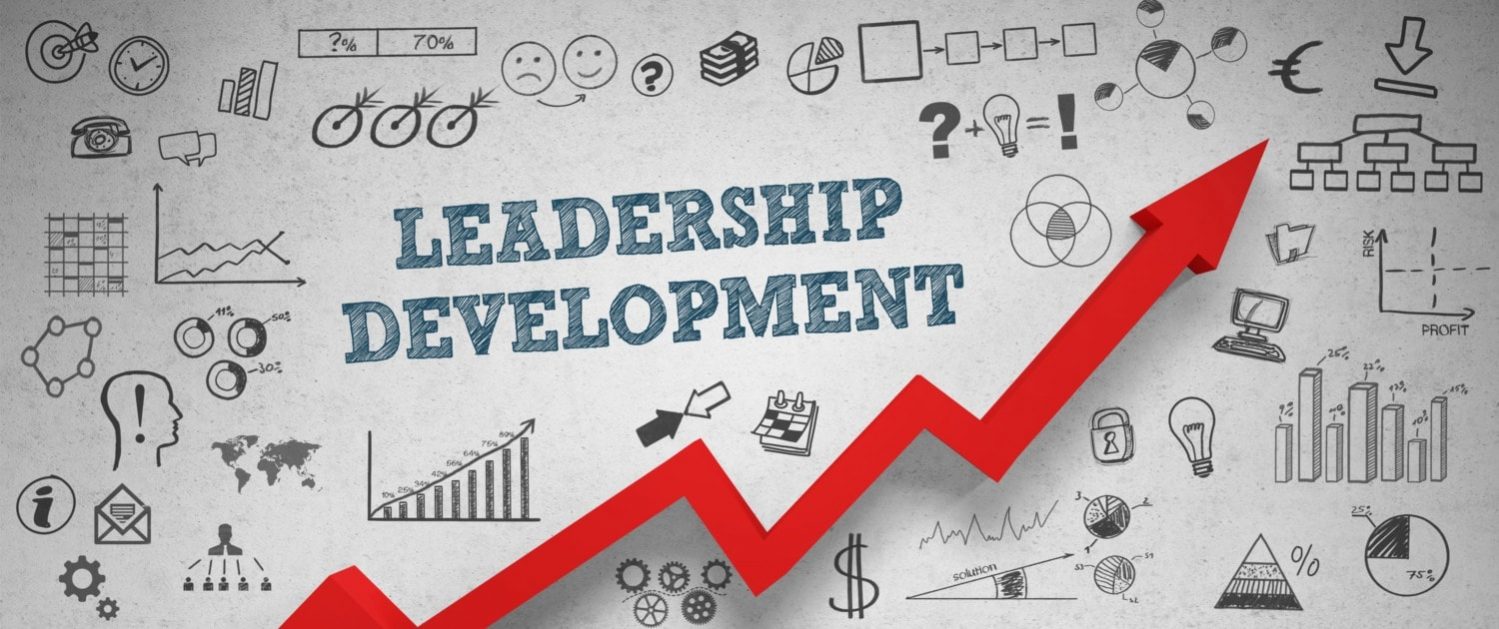
Leadership development
Leadership isn’t about titles or positions of power. It’s about inspiring and guiding others towards a common goal, fostering growth, and creating a positive and productive environment.
Whether you’re a seasoned professional looking to refine your leadership skills or someone just starting out on their career path, developing your leadership abilities is an ongoing journey. This guide will explore key aspects of leadership development in a relaxed and accessible way.
1. Self-Awareness: The Foundation of Leadership

Before you can effectively lead others, you need to understand yourself. This involves:
Understanding Your Values and Beliefs
What truly matters to you? What principles guide your decisions? Aligning your actions with your values builds trust and authenticity.
Identifying Your Strengths and Weaknesses
What are you naturally good at? Where do you need to improve? Honest self-assessment allows you to leverage your strengths and develop areas for growth.
Recognizing Your Emotional Triggers

How do you react to stress, criticism, or conflict? Understanding your emotional triggers helps you manage your reactions and maintain composure under pressure.
2. Cultivating Essential Leadership Qualities
Effective leaders possess a unique blend of skills and traits:
Communication: The Cornerstone of Leadership
Clear, concise, and empathetic communication is crucial for building relationships, motivating teams, and conveying your vision.
Active Listening: Hear Beyond the Words
Pay attention not only to what people say but also how they say it. Practice active listening to understand their perspectives, concerns, and needs.
Empathy and Compassion: Connect with Your Team
Show genuine care and concern for your team members. Understand their challenges, celebrate their successes, and support their growth.
Decision-Making: Making Informed Choices
Develop a structured approach to decision-making that considers all relevant factors, weighs the potential consequences, and involves others when appropriate.
Emotional Intelligence: Understanding and Managing Emotions
Emotional intelligence is the ability to understand and manage your own emotions and the emotions of others. It’s essential for building strong relationships and navigating challenging situations.
Resilience: Bouncing Back from Setbacks
Setbacks are inevitable. Cultivate resilience by developing a growth mindset, learning from your mistakes, and persevering through challenges.
Integrity: Acting Ethically and Honestly
Maintain the highest ethical standards in all your interactions. Be honest, transparent, and trustworthy in your dealings with others.
3. Developing Your Leadership Style
There is no one-size-fits-all leadership style. Explore different approaches and find what works best for you and your team:
Transformational Leadership
Inspire and motivate your team to achieve extraordinary results by connecting them to a shared vision and empowering them to reach their full potential.
Servant Leadership
Focus on serving the needs of your team and prioritizing their growth and well-being.
Democratic Leadership
Encourage team participation and input in decision-making processes.
Autocratic Leadership
Exercise strong control and make decisions independently. While this approach can be effective in certain situations, it’s crucial to use it judiciously.
4. Building Strong Teams
Effective leadership is about more than just individual performance. It’s about building high-performing teams:
Foster Collaboration and Teamwork
Create an environment where team members feel comfortable sharing ideas, collaborating effectively, and supporting each other.
Delegate Effectively
Empower team members by delegating tasks appropriately, providing clear expectations, and offering support and guidance.
Provide Constructive Feedback
Regularly provide constructive feedback to your team members, both positive and negative. Focus on specific behaviors and provide actionable suggestions for improvement.
Recognize and Reward Achievements
Acknowledge and celebrate the accomplishments of your team members. This can include verbal praise, public recognition, or tangible rewards.
Address Conflict Constructively
Create a safe and respectful environment for addressing conflicts. Encourage open and honest communication, and actively mediate disagreements.
5. Continuous Learning and Development
Leadership is a lifelong learning journey. Continuously seek opportunities to grow and develop your skills:
Read Books and Articles
Stay current on leadership trends and best practices by reading books, articles, and blogs on leadership development.
Attend Workshops and Conferences
Participate in workshops, conferences, and seminars to learn from experienced leaders and network with other professionals.
Seek Mentorship
Find a mentor who can provide guidance, support, and valuable insights into leadership development.
Reflect on Your Experiences
Regularly reflect on your leadership experiences. What went well? What could you have done differently? Learn from your successes and failures.
6. Leading with Authenticity and Purpose
True leadership comes from within. Lead with authenticity, integrity, and a genuine desire to make a positive impact.
Define Your Leadership Purpose
What do you want to achieve as a leader? What kind of impact do you want to make on your team and organization?
Live Your Values
Align your actions with your values and beliefs. This builds trust and respect among your team members.
Embrace Vulnerability
It’s okay to admit your mistakes and ask for help. Showing vulnerability builds trust and encourages open communication within your team.
Focus on Making a Difference
Use your leadership abilities to make a positive impact on your team, your organization, and the world around you.
Conclusion
Leadership development is an ongoing journey that requires continuous learning, self-reflection, and a commitment to personal and professional growth. By cultivating essential leadership qualities, building strong teams, and leading with authenticity and purpose, you can inspire and guide others towards achieving their full potential. Remember, leadership is not about power or position; it’s about making a difference.